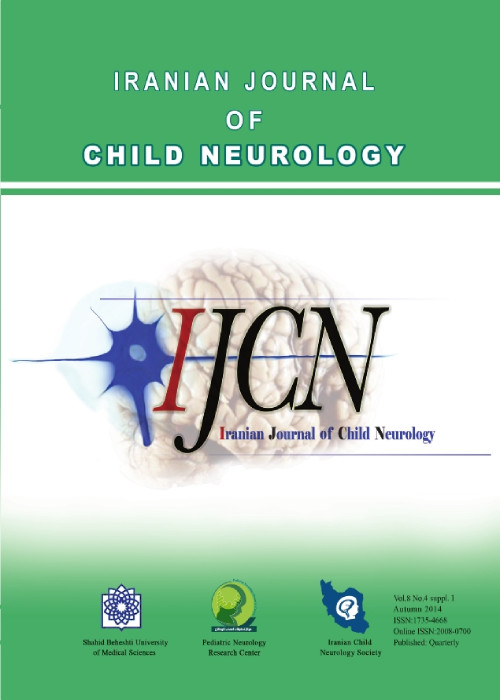Non- Pharmacological Approaches on the Improvement of Sleep Disturbances in Patients with Autism Spectrum Disorder (ASD)
Autism is a type of neurodegenerative disorder, affected by genetic and environmental factors. Children with autism spectrum disorder (ASD) have symptoms of attention deficit and behavioral problems. The amount of sleep has a significant effect on a child's mood. Sleep problems in a child with autism are more common than a normal child. The aim of this study was to investigate the effect of non- pharmacological approaches on the improvement of sleep disturbances in patients with ASD.
PubMed, EMBASE, Web of Science, Scopus, and Science Direct databases were systematically searched for articles published between January 2009 and May 2019. All original articles from observational and interventional studies were reviewed. The CONSORT Statement and Strengthening the Reporting of Observational Studies in Epidemiology (STROBE) checklist were used to assess the quality of the selected papers.
A review of 18 eligible articles according to the CONSORT checklist (for interventional studies) and STROBE (for descriptive studies) demonstrated that behavioral interventions, such as cognitive-behavioral therapy, bedtime fading with response cost, and functional behavioral assessment, physical activity such as aerobic exercise, swimming, and aquatic exercise and weighted blankets could be effective in the improvement of sleep disturbances.
Restlessness, tantrum, increased stereotypic activities, reduced learning level and speaking power in children with autism was due to poor sleep quality and sleep deficiency, which could affect their life dimensions. Non- pharmacological approaches to the treatment of sleep disturbances could improve both the sleep quality of these individuals and the quality of their lives in addition to having no adverse effect.
- حق عضویت دریافتی صرف حمایت از نشریات عضو و نگهداری، تکمیل و توسعه مگیران میشود.
- پرداخت حق اشتراک و دانلود مقالات اجازه بازنشر آن در سایر رسانههای چاپی و دیجیتال را به کاربر نمیدهد.


